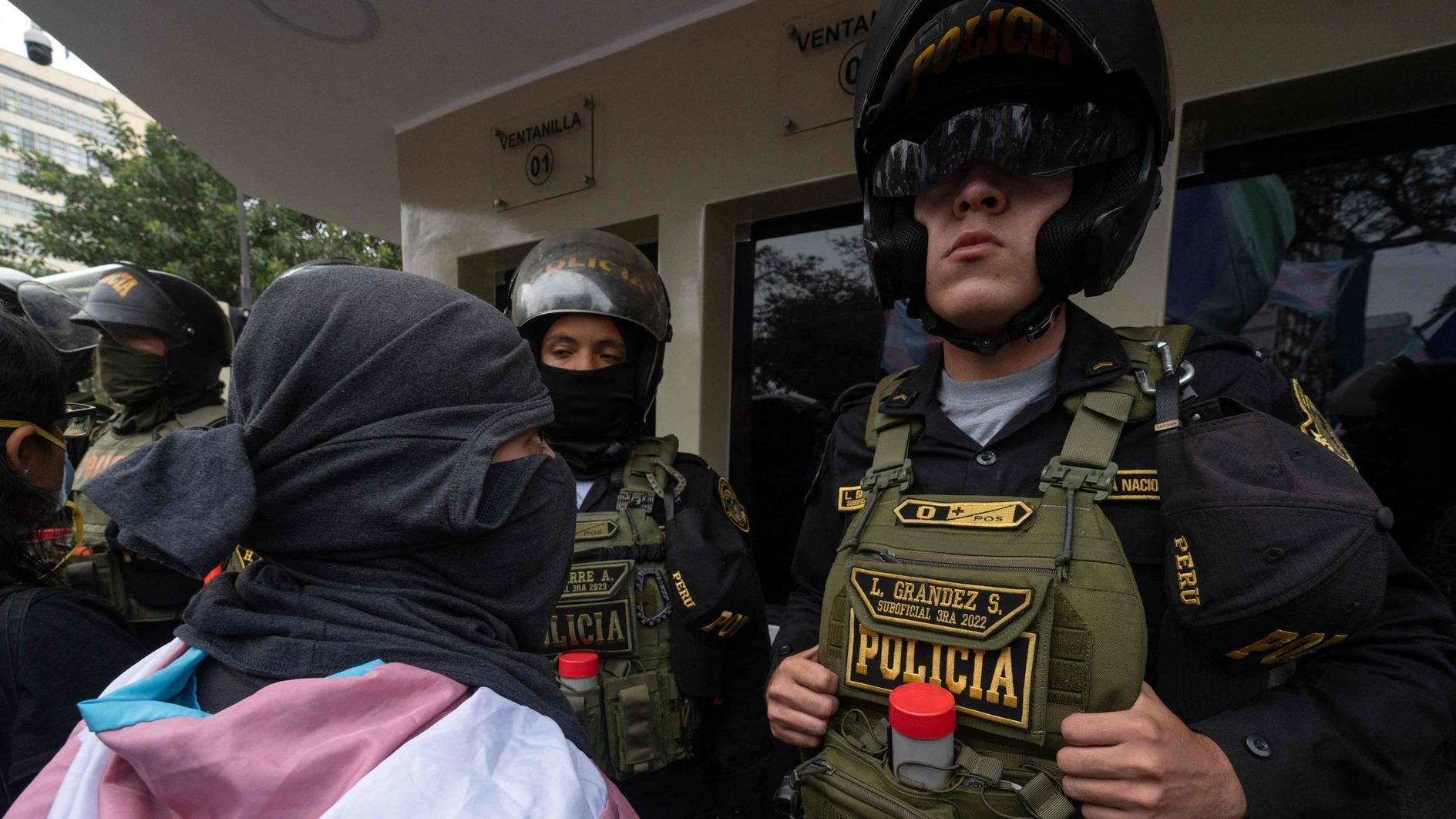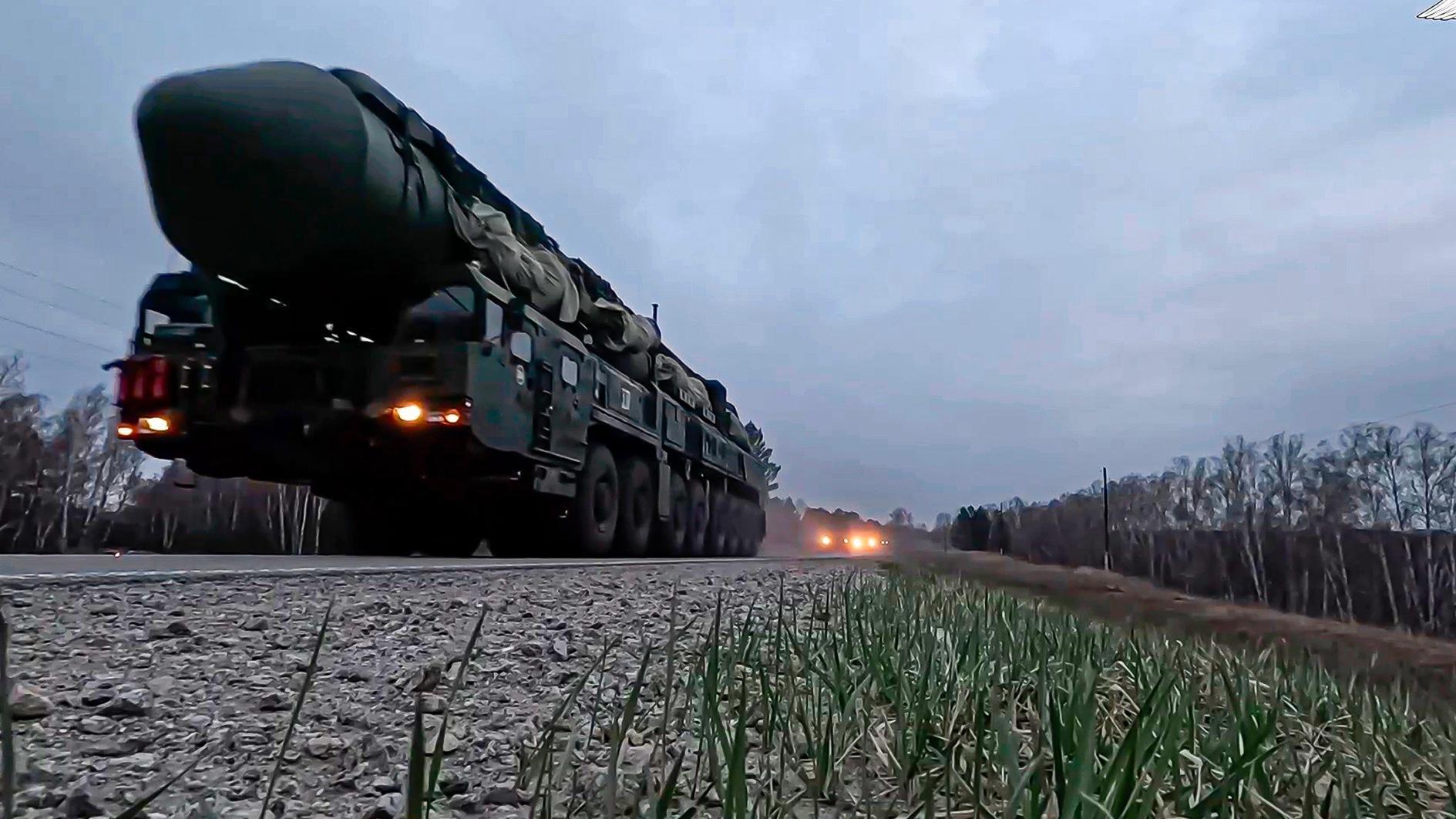Turkey’s election: By the skin of their teeth
The clock has started ticking. Whether you like it or not, the ballot box is coming to a school near you very soon. But which school? Who knows? Will you be able to vote? Who knows, who cares? The question is: Do you care?
Local election boards in numerous provinces in the southeast have called for a “merging of ballot boxes” due to electoral safety. For our international readers, let’s clarify what that means. If in your electoral district there are only a few people eligible to vote, the state may ask the local authorities to merge the ballot box lists. So you may have to go to another building or even another neighborhood to vote.
The trouble in the Turkish application comes from the nine-day curfew recently implemented in the town of Cizre. There, people voted overwhelmingly in favor of the Peoples’ Democratic Party (HDP) (ie. 97 percent), so the Justice and Development Party (AK Party) and state apparatus are hoping that creating hassle and making it difficult for people to vote may actually deter them from going to the ballot box.
Erdoğan’s bid to push the AK Party to an election win is not completely baseless. In fact, it has a profound logic. The AK Party’s recently announced MP list shows all signs of striking a deal with a number of local tribes and important families in the southeast. Just like Tansu Çiller in the 1990s, the AK Party is pushing for one more seat from every town.
CNN Türk’s Emin Çapa recently told me that the system in the southeast is a two-party system with which you can win or lose a solid majority. “To win one more seat in Central Anatolia, the AK Party has to win over the MHP vote and some of the CHP vote, thus work twice as hard or spend twice as much. In the southeast, it is a riskier gamble but it also has a bigger payoff. The AK Party will only be competing with the HDP. Voters there effectively have two choices only,” Çapa told me.
So it is no wonder that the AK Party and Erdoğan are keeping a close eye on the southeast. But not all supporters agree. Some columnists close to the AK Party believe it may lose more votes in Istanbul while targeting a small number of votes in the southeast.
The math of this election hangs on razor’s edge. A party can win one extra seat with the additional vote of a single apartment in the southeast, but it has to win an entire neighborhood in Istanbul to get the same one seat.
The HDP’s strategy is also tight. HDP Co-Chair Selahattin Demirtaş and his party fellows are trying to remain at arms distance from the outlawed Kurdistan Workers’ Party (PKK), but at the same time they are working day and night not to lose the hearts and minds of young Kurdish voters in bigger cities and in the southeast. It is no wonder that the HDP’s poll ratings have slipped by perhaps 1-1.5 percent. Nevertheless, the party still has no 10 percent threshold problem anymore. In fact, it may have a bigger base in Istanbul, Adana and Mersin this time compared to June.
Meanwhile, Republican People’s Party (CHP) head Kemal Kılıçdaroğlu recently started his election campaign in Europe. He then met Turkish Chief of General Staff Hulusi Akar for an update on the ongoing campaign against the PKK. Surprisingly, this feels like his easiest election. The CHP may well be gearing up for a bigger role after Nov. 2 and this time President Erdoğan may even have to go along with it.











